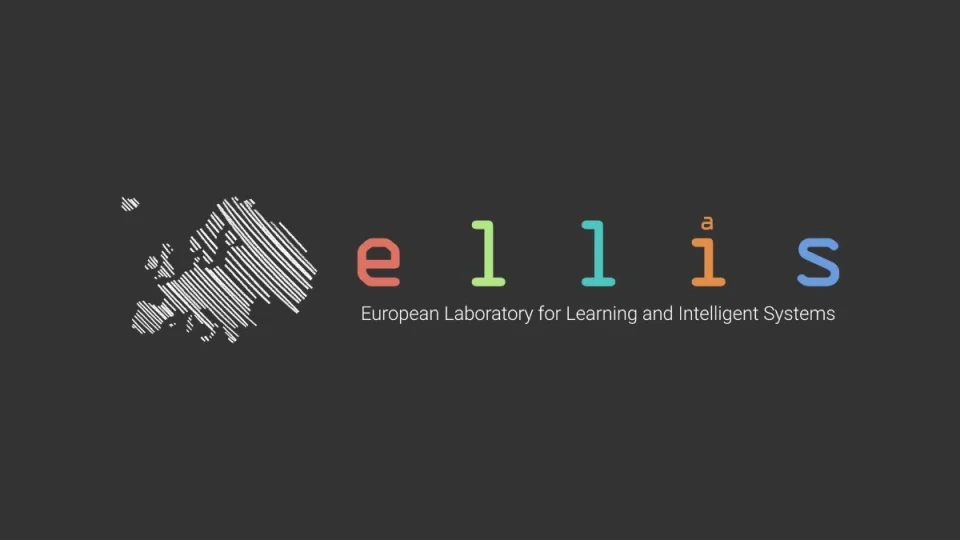



European Commission Vice-President Vestager visits Cyber Valley
Tübingen – One day following the publication of the European Commission’s White Paper on Artificial Intelligence, Margrethe Vestager, the EC’s Executive Vice-President and Chair of the “Commissioners’ Group on a Europe Fit for the Digital Age”, on Thursday met with scientists from the Cyber Valley ecosystem in Tübingen to discuss the future of AI research in Europe. She was accompanied by Winfried Kretschmann, the Minister-President of Baden-Württemberg, as well as Theresia Bauer, the state’s Science Minister.
"With Cyber Valley, Baden-Württemberg is home to one of Europe‘s largest research cooperations between industry and science in the field of artificial intelligence. My state government alone has invested over 100 million euros in this innovation campus. Top-level research and entrepreneurial spirit are combined here so that Baden-Württemberg can play a pioneering role in the development of intelligent solutions for industry, mobility, and medicine. Europe is facing fierce competition in the field of top-level research; attracting and retaining the world’s best minds is decisive. The Europe-wide ELLIS initiative with sites in Tübingen and Freiburg will be helpful in this regard," said Minister-President Kretschmann. "In an international comparison, Europe still lags behind the USA and China, particularly when it comes to the economic exploitation of artificial intelligence. To prevent this gap from widening, we need to join forces. We need a European alliance in the field of AI. And we need AI 'Made in Europe' that combines innovation with our values. It is also about our individual freedom and the question of how AI applications affect our society. These matters are essential for the acceptance of these technologies.“
“We welcome Vice-President Vestager’s visit and the opportunity to help drive the discussion on European AI forward,” said Bernhard Schölkopf, Director at the Max Planck Institute for Intelligent Systems, co-initiator of Cyber Valley, and co-founder of the European Laboratory for Learning and Intelligent Systems, ELLIS. “With Cyber Valley and ELLIS, we are building a strong European ecosystem for basic research in the field of modern AI. To secure Europe’s long-term global competitiveness and develop beneficial AI that is in line with the values of Europe’s open societies, we must establish research conditions that enable us to attract and keep the world’s top minds. To do this, we need the support of European policymakers.”
"We need to address the question of how we can enable artificial intelligence to happen. That is one of the reasons why I am particularly happy to be here today: what is happening here shows how we can enable things," says Commissioner Verstager. "It is very telling to hear about the warmth and interaction between the state, the businesses in the region, and the institute itself, and to see that they are working toward the same goal. Of course, I hope for a visible European dimension: the ELLIS program shows how Europe is coming together to create an ecosystem that will allow us not only to match what is happening elsewhere in the world, but also to do better.”
ELLIS is on a clear upward trajectory. Initiated in 2018, the pan-European effort aims to promote research excellence in machine learning and related fields. In recent months, the initiative has established 11 research programs in broad-ranging AI-related fields and mobilized some 200 million euros in funding for an initial period of five years. Moreover, 17 ELLIS units have been created across Europe and in Israel, and proposals for additional units are presently under review. In the medium term, ELLIS plans to establish a network of sites and institutes analogous to the model of the European Molecular Biology Laboratory (EMBL), which is financed by 21 European countries and has laboratories across the continent.
“There is a need for funding, but also a need to organise our research and development efforts in a way that attracts talent. Because talent attracts more talent. Based on the discussions I have had today, what is being done here is the way to go,” Vestager continues.
Cyber Valley has also gained significant momentum in recent months. The initiative reached several major milestones in 2019, including the accession of the Fraunhofer-Gesellschaft, the launch of the new Cyber Valley Start-up Network, additional investments by Cyber Valley industrial partners Robert Bosch GmbH and Amazon in Tübingen, and the successful completion of a third round of applications to the International Max Planck Research School for Intelligent Systems (IMPRS-IS), the doctoral program established as part of the Cyber Valley initiative.

